Icelandic IOGT. Social and Cultural Impact
Icelandic IOGT: Social and Cultural Impact
Although it was only in 1884 that the first Icelandic lodges of the International Organisation of Good Templars, as it is called today, became active, the organisation had expanded throughout much of the island by the last decade of the 1800s. It remained the most populous major social movement until nearly 1950, when membership in the ungmennafélög (youth and sports clubs) surpassed that of the IOGT. With the objective of rendering “alcohol enjoyment” extinct, the IOGT managed to force a national referendum in 1908 on prohibiting the import of alcohol. A subsequent ban on selling and consuming strong alcoholic drinks lasted for 20 years, from 1915 to 1935.
The article reviews IOGT’s achievements and the contributions of its focused, organised discourse to the moral improvement of Icelandic society. The influence of this discourse is analysed using Michel Foucault’s concepts of governmentality and biopower. In connection with social and cultural impact, IOGT efforts helped shape and provide a social basis for the first Icelandic labour unions, so that mutual similarities appear. Lodge participation and the discourse of male members affected how women perceived the worth of their own gender in social organisations, thus influencing the women’s rights movement. IOGT lodges were influential in cultural activities outside the capital area as well, for instance in theatre work.
Leading Templars, who applied alcohol-condemning terms such as “poison” and “blight”, had a considerable, lasting influence on the ideology of Icelanders at a time when the nation was engulfed in its struggle for independence, with both the government and general public eager to recognise and even applaud the independence goal. The adopted attitudes and government measures in regard to alcohol consumption remained alive far into the twentieth century.

